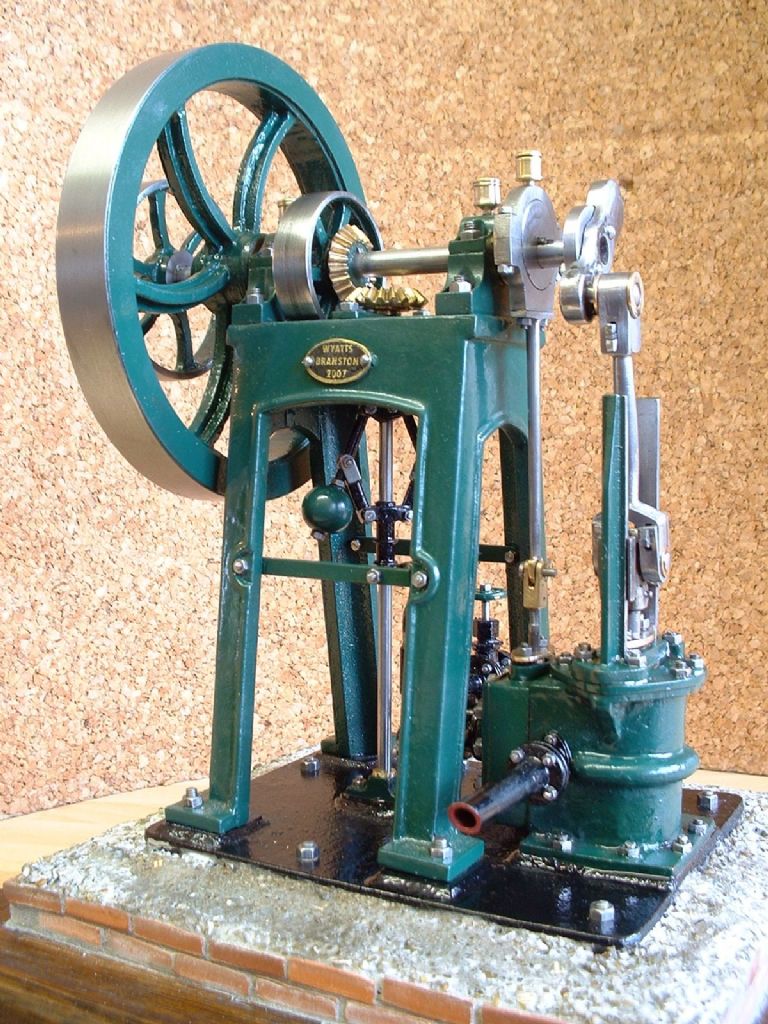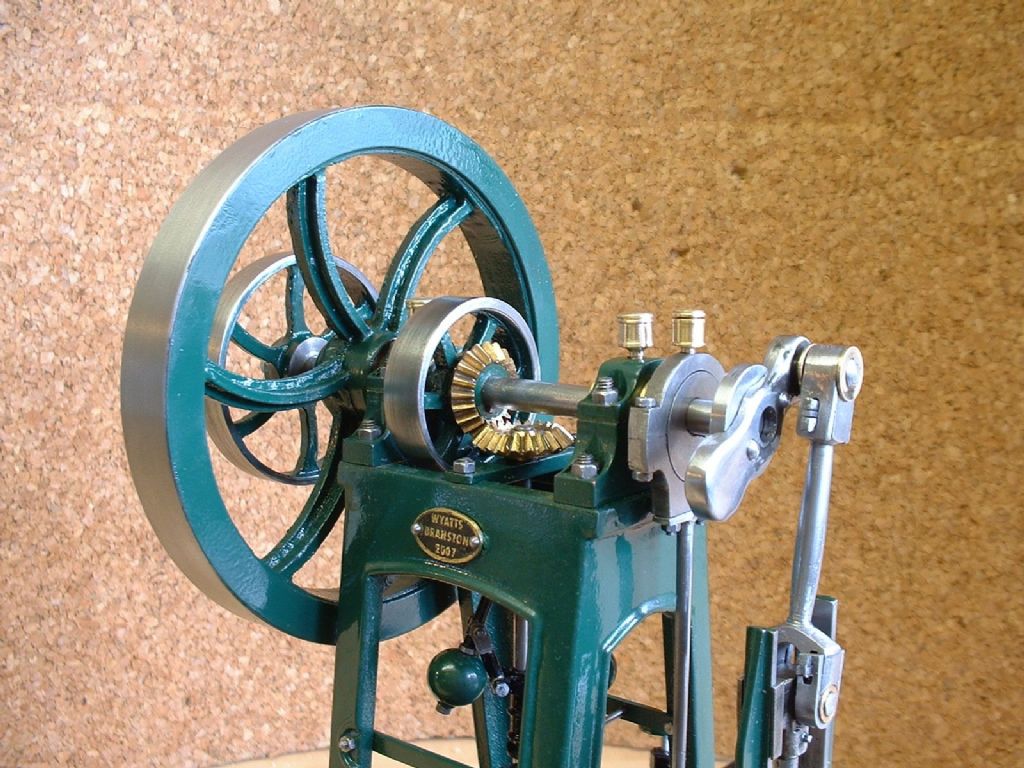Harold,
I have to say that my comment to a professional journalist was appended with a wink (though the smileys available are not entirely clear to the casual glance).
There are many fine engineers who struggle with the written word but who can explain their ideas with admirable effect. I am not criticising those; I did ask Diane to take my comment as constructive criticism.
Your question; I am afraid that there is no such word as 'upto'; 'into' is used to convey motion towards being enclosed, while 'in' means that something is already enclosed or within some confine already.
It is permissible to say 'in, to…' but it is as a subordinate clause, for example "please go in, to the dining room"; the request is to enter the house with a further direction to a particular room.
The problem with most spell-checkers is that they are American, even though the language of choice is UK English; they do have to be taught what is correct! Terry's poem illustrates this perfectly. The programme recognises words and, to some extent, grammar, but is not infallible.
To be honest, I am so paranoid about what I am writing now that I am double-checking everything just in case I make a mistake! I am beginning to wish that I had emailed Diane privately; it was not my intention to stir up a hornet's nest but to add a touch of humour to my praise.
If someone asks me a question I will always do my best to answer if I can, even if, as now, my answer is not well received.
I have to support David's answer that, although our requirements do not necessitate accurate spelling or grammar, professional use is far more exacting.
My problem is that I am learning this hobby and reading all I can to extend my knowledge. I am a member of several forums and I notice the high number of requests for pictures and photographs; indeed, I have requested them myself. I had not considered it before, but is it likely, in these cases, that the written word does not convey accurate meaning?
A professionally published magazine or book must maintain a high level of literacy in order to establish its authority. Therefore, my tongue-in-cheek comment to Diane is justified on the grounds that those learning from her written word are learning inaccuracies that could cause confusion which could lead to a confidence-lacking beginner giving up. I admit, this is a worst-case scenario, but it is an exaggeration to illustrate my point.
We are all bemoaning the fact that young people are not attracted to our hobby; how can we possibly teach those who are if we can not express ourselves properly in the books that they are directed to?
Please, please, please (inaccurate I know, but a plea for reason) do not think that I am criticising the fine people on this and other forums for how they write. I was merely answering the request for feedback from our esteemed Deputy Editor to which was appended my admission of pedantry and its root.
For those of you who want to try for your own titbit of humour, try writing a five thousand word essay on medieval English Literature in Middle English, including quotations; Microsoft Word has a complete mental breakdown and jams the phoneline with calls to The Samaritans! (Insert BIG smiley, laughing itself silly).
My best wishes to you all; may you keep posting that I, and others like me, may learn. I add my thanks to those from whom I have learnt so much already.
Andy
PS I have had to edit a misspelt word! Haha!
Edited By Andy Belcher on 28/05/2012 22:05:58
 JasonB.
JasonB.






